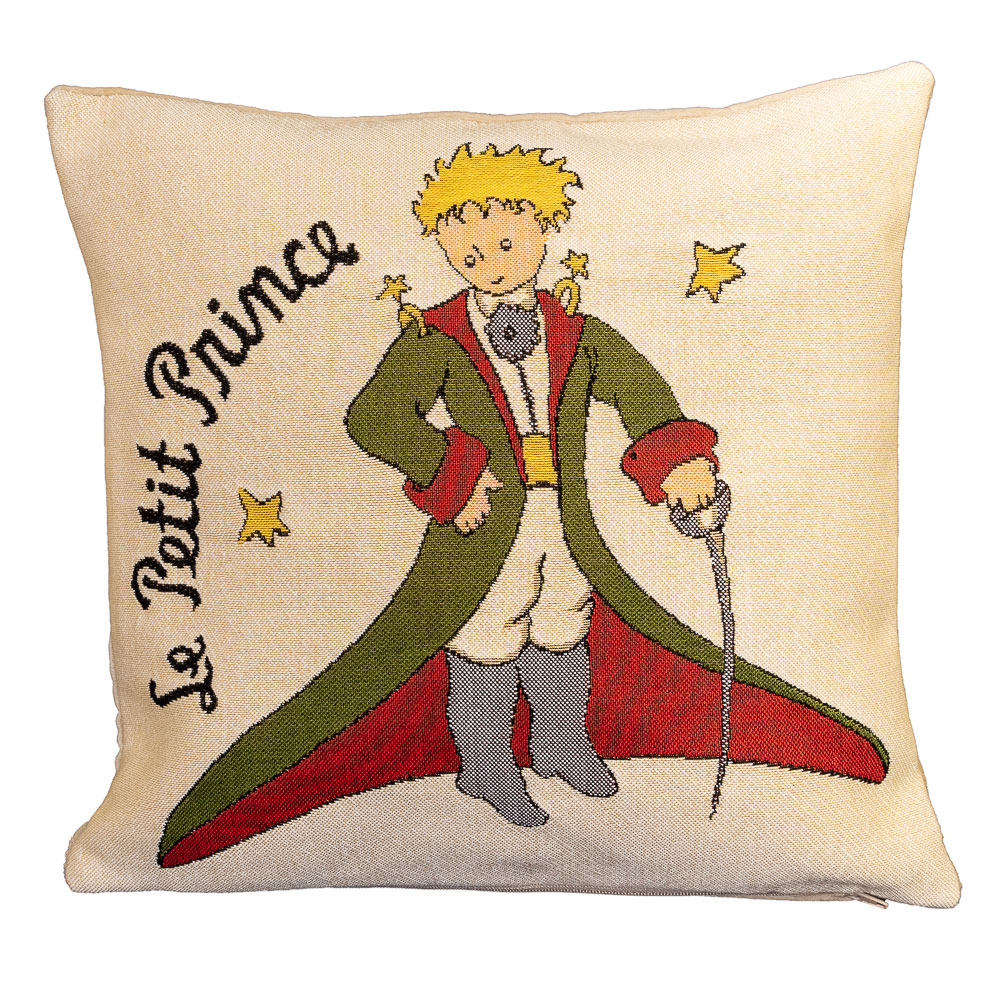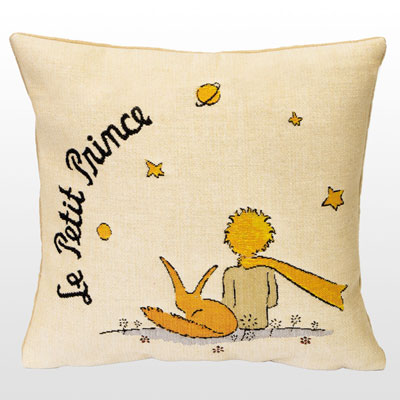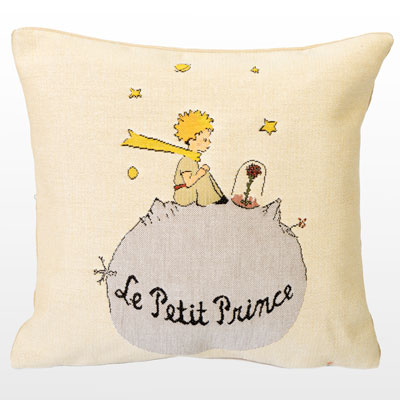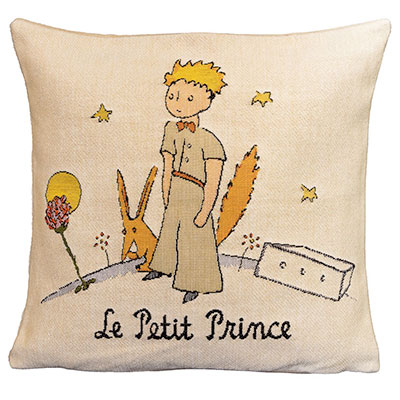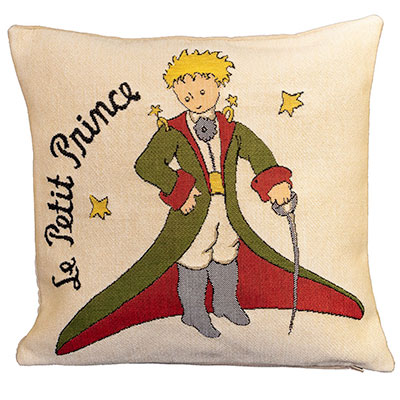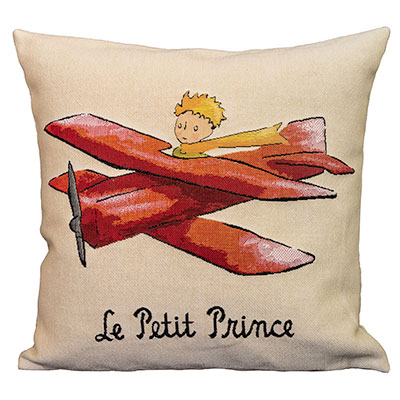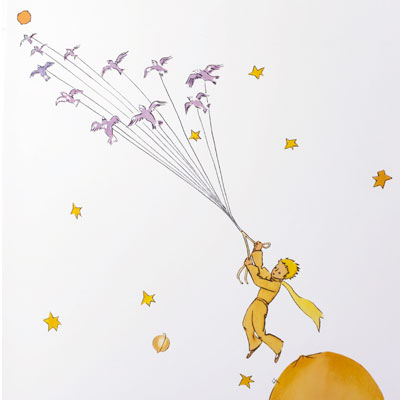Tel : (+33) 4 94 63 18 08
9am - 6pm from Monday to Sunday
Naïve Art
Naïve Art emerged in the late 19th century, captivating imaginations with its charm and simplicity. Naïve artworks transport us to a world where Art transcends conventions and celebrates the magic of imagination, reminding us that sometimes, within simplicity, lies the greatest beauty. Among the iconic artists of this style, we find names such as Henri Rousseau, Raymond Peynet, and Antoine de Saint Exupéry. Henri Rousseau, nicknamed "Le Douanier," was a pioneer of Naïve Art. Born in 1844, he shone with his dreamlike vision of the world and vibrant palette. His works, such as "The Dream (1910)" and "The Muse Inspiring the Poet (1909)," depict exotic landscapes and wild animals with astonishing freshness. Raymond Peynet, on the other hand, added a romantic touch to Naïve Art. Famous for his delicate and emotionally charged illustrations, Peynet created the iconic couple "Les Amoureux" (The Lovers). With soft lines and bucolic scenes, he captured the innocence and tenderness of romantic relationships. However, the influence of Naïve Art is not limited to painting. Antoine de Saint Exupéry, a renowned French writer and aviator, was also drawn to this artistic movement. His timeless masterpiece, "Le Petit Prince" (The Little Prince), contains illustrations imbued with the enchanting and naïve aesthetics. Published in 1943, this poetic work transports the reader into a world of childhood and wonder.
Discover the artist
Saint Exupéry Antoine
Antoine de Saint-Exupéry was a French writer, aviator, and journalist born on June 29, 1900 in Lyon, France. He grew up in a high society family and studied at the École Centrale de Lyon before becoming a commercial airline pilot. Saint-Exupéry was one of the first pilots to fly transatlantic routes and also participated in rescue and reconnaissance missions during World War II. His experience with aviation and solitude inspired his first novel, "Night Flight," published in 1931. In 1939, Saint-Exupéry left France and lived in the United States for several years before returning to Europe to participate in the war. He disappeared over the Mediterranean in 1944 while on a reconnaissance mission for the French Air Force. His most famous novel, "The Little Prince," was published in 1943 and has become a classic of children's literature. It tells the story of a little prince who travels through space to meet different planets and strange characters, expressing themes of friendship, love, and truth. Saint-Exupéry was also known for his writings on aviation and freedom, which reflect his own experiences in life and travel. His works have been translated into many languages.
Saint Exupéry Antoine
Antoine de Saint-Exupéry was a French writer, aviator, and journalist born on June 29, 1900 in Lyon, France. He grew up in a high society family and studied at the École Centrale de Lyon before becoming a commercial airline pilot. Saint-Exupéry was one of the first pilots to fly transatlantic routes and also participated in rescue and reconnaissance missions during World War II. His experience with aviation and solitude inspired his first novel, "Night Flight," published in 1931. In 1939, Saint-Exupéry left France and lived in the United States for several years before returning to Europe to participate in the war. He disappeared over the Mediterranean in 1944 while on a reconnaissance mission for the French Air Force. His most famous novel, "The Little Prince," was published in 1943 and has become a classic of children's literature. It tells the story of a little prince who travels through space to meet different planets and strange characters, expressing themes of friendship, love, and truth. Saint-Exupéry was also known for his writings on aviation and freedom, which reflect his own experiences in life and travel. His works have been translated into many languages.
Saint Exupéry Antoine
Antoine de Saint-Exupéry was a French writer, aviator, and journalist born on June 29, 1900 in Lyon, France. He grew up in a high society family and studied at the École Centrale de Lyon before becoming a commercial airline pilot. Saint-Exupéry was one of the first pilots to fly transatlantic routes and also participated in rescue and reconnaissance missions during World War II. His experience with aviation and solitude inspired his first novel, "Night Flight," published in 1931. In 1939, Saint-Exupéry left France and lived in the United States for several years before returning to Europe to participate in the war. He disappeared over the Mediterranean in 1944 while on a reconnaissance mission for the French Air Force. His most famous novel, "The Little Prince," was published in 1943 and has become a classic of children's literature. It tells the story of a little prince who travels through space to meet different planets and strange characters, expressing themes of friendship, love, and truth. Saint-Exupéry was also known for his writings on aviation and freedom, which reflect his own experiences in life and travel. His works have been translated into many languages.
Saint Exupéry Antoine
Antoine de Saint-Exupéry was a French writer, aviator, and journalist born on June 29, 1900 in Lyon, France. He grew up in a high society family and studied at the École Centrale de Lyon before becoming a commercial airline pilot. Saint-Exupéry was one of the first pilots to fly transatlantic routes and also participated in rescue and reconnaissance missions during World War II. His experience with aviation and solitude inspired his first novel, "Night Flight," published in 1931. In 1939, Saint-Exupéry left France and lived in the United States for several years before returning to Europe to participate in the war. He disappeared over the Mediterranean in 1944 while on a reconnaissance mission for the French Air Force. His most famous novel, "The Little Prince," was published in 1943 and has become a classic of children's literature. It tells the story of a little prince who travels through space to meet different planets and strange characters, expressing themes of friendship, love, and truth. Saint-Exupéry was also known for his writings on aviation and freedom, which reflect his own experiences in life and travel. His works have been translated into many languages.
Saint Exupéry Antoine
Antoine de Saint-Exupéry was a French writer, aviator, and journalist born on June 29, 1900 in Lyon, France. He grew up in a high society family and studied at the École Centrale de Lyon before becoming a commercial airline pilot. Saint-Exupéry was one of the first pilots to fly transatlantic routes and also participated in rescue and reconnaissance missions during World War II. His experience with aviation and solitude inspired his first novel, "Night Flight," published in 1931. In 1939, Saint-Exupéry left France and lived in the United States for several years before returning to Europe to participate in the war. He disappeared over the Mediterranean in 1944 while on a reconnaissance mission for the French Air Force. His most famous novel, "The Little Prince," was published in 1943 and has become a classic of children's literature. It tells the story of a little prince who travels through space to meet different planets and strange characters, expressing themes of friendship, love, and truth. Saint-Exupéry was also known for his writings on aviation and freedom, which reflect his own experiences in life and travel. His works have been translated into many languages.




























































































